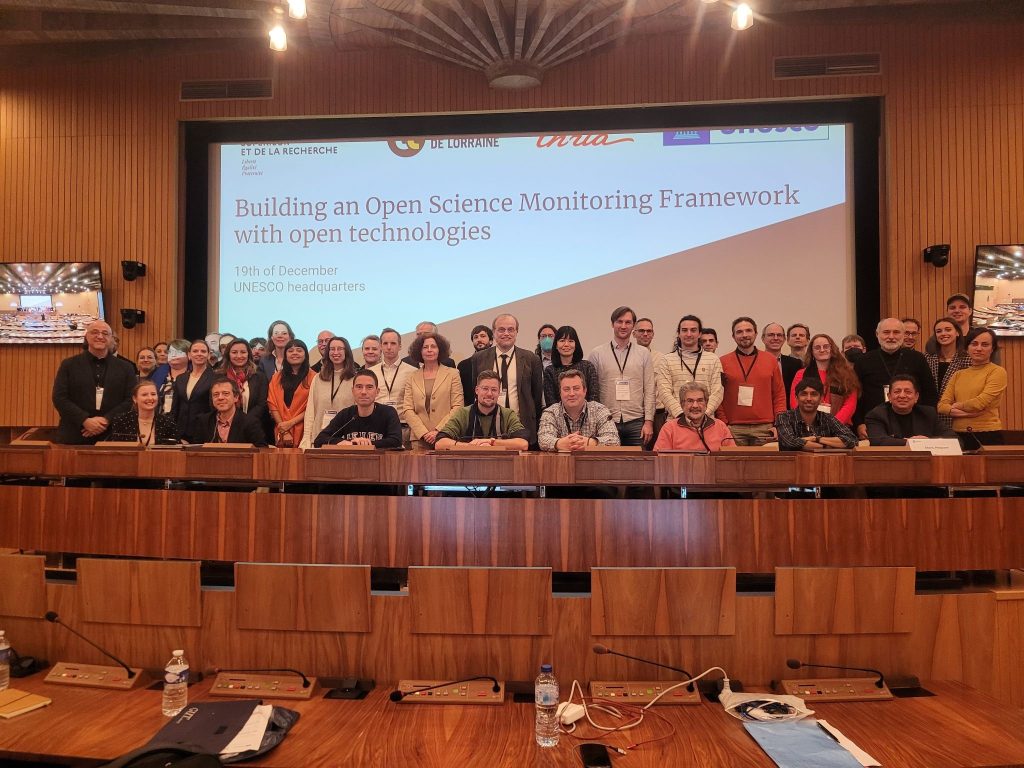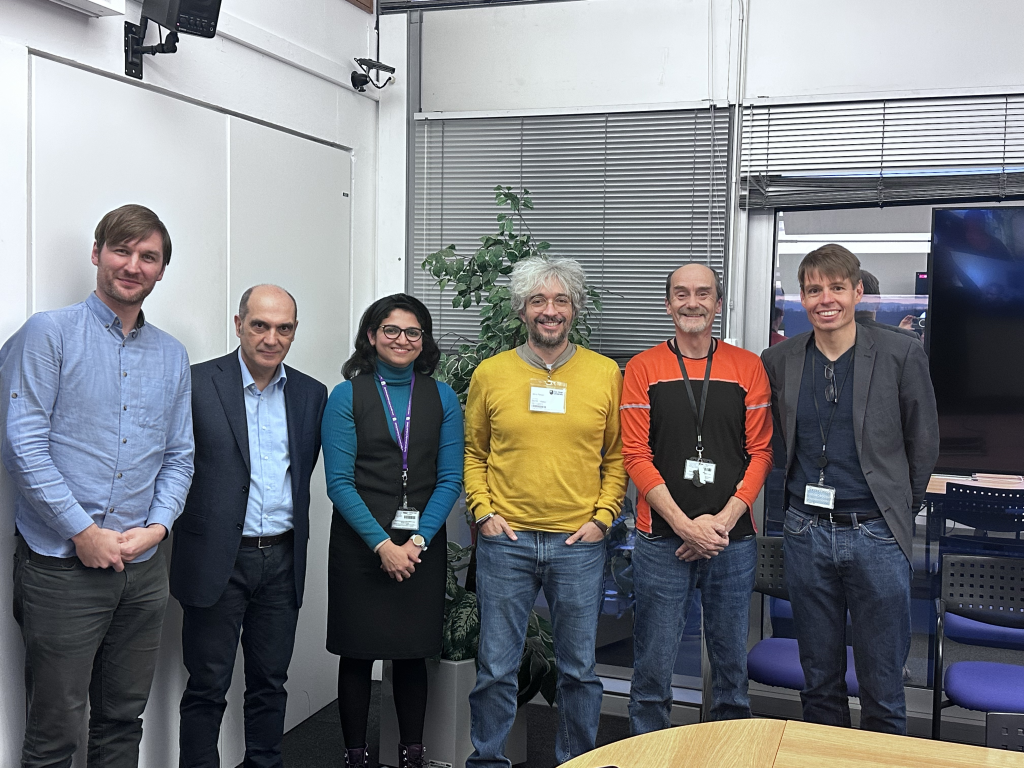
CORE is a part of The Knowledge Media Institute (KMi) here at The Open University. As part of the Turing Institute’s AI UK Fringe event series, Professor Petr Knoth and Dr David Pride from CORE are working together with Professor Enrico Motta and Dr Angelo Salatino from KMi and Dr Aldo Lipani from UCL to organise the “AI for the Research Ecosystem” (AI4RE) workshop which will highlight the rapid evolution of AI and its significant impact on the entire research process.
Technologies like deep learning and large language models are poised to transform various stages of research, including study design, literature reviews, code design, data collection and analysis, dissemination, peer review, and research assessment. The workshop aims to provide insights from expert speakers across the research spectrum, involving researchers, institutions, policymakers, funders, and commercial entities. The event serves as a catalyst for addressing fundamental questions about the implications of AI developments for the research community, emphasizing the need for responsible and ethical AI design and usage. Additionally, the workshop aims to explore how stakeholders can best organize and democratize these AI technologies for the benefit of the research ecosystem.


